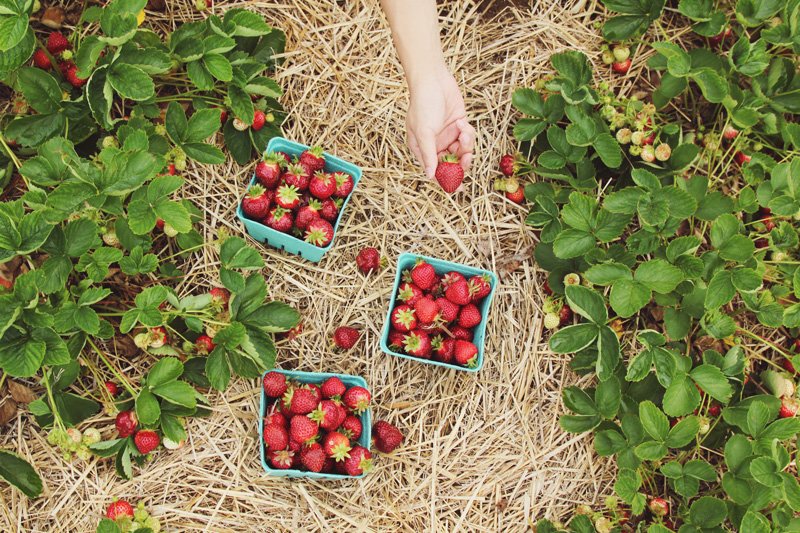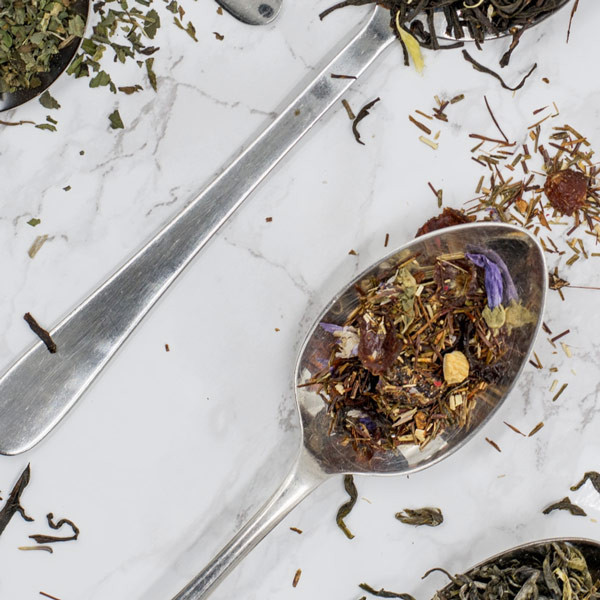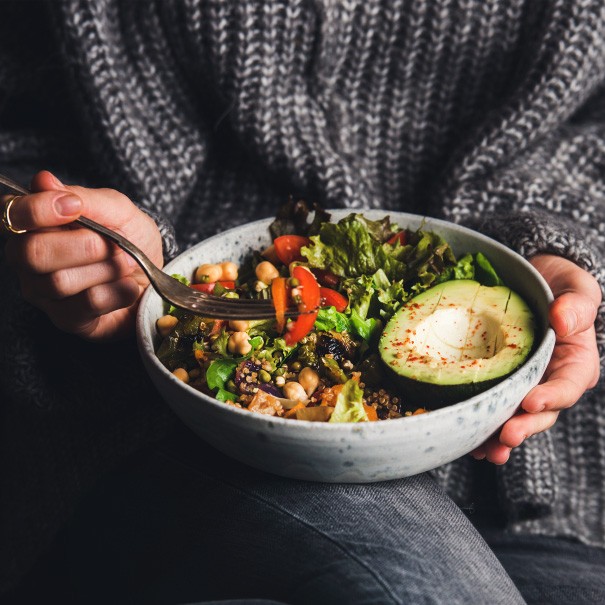Changing habits to eat more mindfully
How, as well as what we eat, should be considered as two sides of the same coin when we look to improve our dietary habits and general wellbeing. Advice on losing weight and improving our health usually (and correctly) puts the emphasis on the quality of food eaten, pinning success on counting calories, as well as avoiding processed and sugary foods, to improve what goes into our bodies as fuel.
However, a number of studies have shown that slowing down and taking the time to really taste each morsel of food, rather than gulping down meals or snacks as we run to and from the home, school or office, can have major health benefits. Mindful eating (awareness of the way we eat) becomes a habit as we become more aware of the type of food we eat, how it’s produced and from where it originates.

The practice of mindfulness, like many meditation methods introduced into Western society, has its roots in Eastern philosophy. It’s defined as becoming more aware and bringing one’s mind to the present moment, rather than reflecting continually on the past or thinking of what the future may hold. According to the Merriam-Webster dictionary, it is “The practice of maintaining a nonjudgmental state of heightened or complete awareness of one’s thoughts, emotions, or experiences on a moment-to-moment basis.” Mindfulness is taught in Buddhism as the seventh of the Noble Eightfold Path and is considered essential to mental development.
Mindful eating is simply applying this ancient practice to how we eat every day. For example, instead of quickly grabbing a bite to start a busy day, this would mean giving ourselves more time to sit down and enjoy and be more aware of the food we eat. Christopher Willard, PsyD, a psychologist and educational consultant based in Boston U.S. articulates this well when he compares what he describes as mindless eating with mindful eating in six different ways. This includes: eating when we’re hungry when our bodies are ready to eat; being more mindful of how healthy our food is; considering the origin of our food, eating with others at set times and listening to our bodies when they tell us we’re full.

However, changing eating habits isn’t easy. From eating in a way that may be harmful to our health and wellbeing to a more mindful habitual approach is, for many of us, a difficult thing to achieve. We’ve all been there, a desire to change our eating habits that starts off with a determination to match our stated goals of better health, loss of weight, only to crash and burn a few weeks or even days later. We retreat back into our shell, beaten and convinced that we can never achieve our food goals to eat better, to be more aware of what we eat. Mindful eating sounds great, but is it too hard to achieve over a long period of time? But what if we were to try again, combine our determination to eat more mindfully with a better understanding of the science of creating new habits?
The science behind changing habits
In his enlightening book, The Power of Habit, author and journalist Charles Duhigg follows the work of neuroscientists to show where the formation of habits reside in our brains. He shows how any habit has three sections: a cue, a routine, and a reward and uses this information to give us an important insight into how we can be more successful with replacing old, detrimental habits with new, healthier ones. The golden rule, as Duhigg says, is that you cannot extinguish an old habit, only change it.*

As Charles Duhigg teaches us, success in changing habits we want to break (such as eating more healthfully) are more likely to be successful if we have a clear strategy and replace or overlay an old habit, “mindless eating”, with a new habit, “mindful eating”. Instead of launching straight into a determined “better eating” resolution, why not try planning your way to mindful eating by recognising the cues? As well as being more aware and consuming our food “in the present”, combine this with a strategy to overlay an old eating habit with a new, healthier habit. For example, if you (like me) work from home and habitually take a break to grab a bite to eat from the fridge, why not try overlaying this habit with making a cup of tea instead? One habit is placed over the other to create new neural pathways that overlap old ones. As Duhigg explains, changing one habit successfully (known as a keystone habit) may lead to inspiration to change other parts of our lifestyle.
Why not try eating mindfully? We can change our eating habits to take the time to register everything about our meals. The taste, the texture, from where the food originated, how it was put together, cooked and brought to the table. Eating slowly, and with more awareness ties in with the burgeoning Slow Food Movement, a group founded in Italy in 1989 to combat the problems of fast food and “...people’s dwindling interest in the food they eat, where it comes from and how our food choices affect the world around us,” according to the Slow Food website. The movement has now grown to around 160 countries and spreads the core belief that our food choices — the way we eat — has a direct effect on our culture, our agricultural methods and the way we treat our environment.
The concepts covered in this article — mindful eating and the science of swapping poor habits with better options – may all help us change the way we look at food and how we consume it. Many of us struggle with losing weight and eating healthier food. Though we may start with the best intentions, this may not last. If that sounds like your experience, try adding mindful eating to meal time. Incorporating how you eat with what food you consume — and getting into the regular habit of being more aware of your breakfast, lunch, dinner, and snacks — may be the catalyst to help you lead a healthier lifestyle.
Please let us know if you do decide to change to mindful eating. We’d love to hear from you!
*Charles Duhigg, The Power of Habit, RH Books 2012, p63.

Love Health?
From recipes, trends and discounts, expect great things via email this month.
More Great Reads!

Behind The Brand: Antipodes
Recipes We Love!

Clever Cookies












